
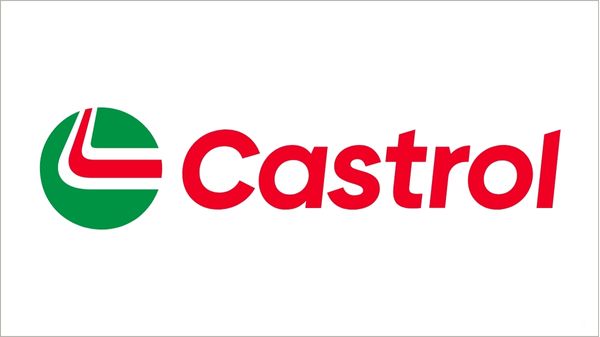
|
BP to sell 65% stake in Castrol to Stonepeak for $10bn enterprise value
Deal brings BP's divestment programme to $11bn, with proceeds earmarked for debt reduction. |
|
|
|
||

|
RINA approves design for Clippership's 24-metre autonomous wind-powered cargo vessel
Classification society to supervise construction of zero-emission ship featuring twin rigid wings for transatlantic operations. |
|
|
|
||
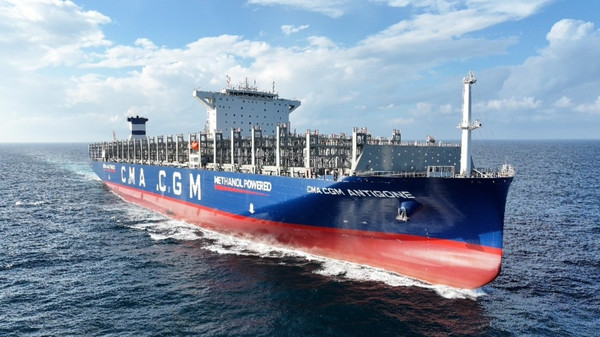
|
Bureau Veritas classes first methanol dual-fuel boxship as CMA CGM takes delivery
The 15,000-teu CMA CGM Antigone was built by CSSC Jiangnan Shipyard in China. |
|
|
|
||
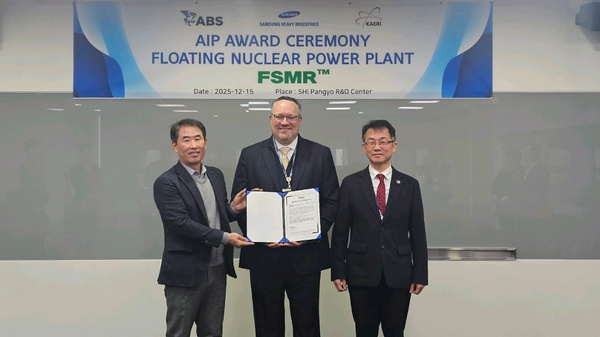
|
Samsung Heavy Industries' floating nuclear plant design wins ABS approval
Concept features twin KAERI small modular reactors and a compartmentalised layout to support offshore nuclear power generation. |
|
|
|
||
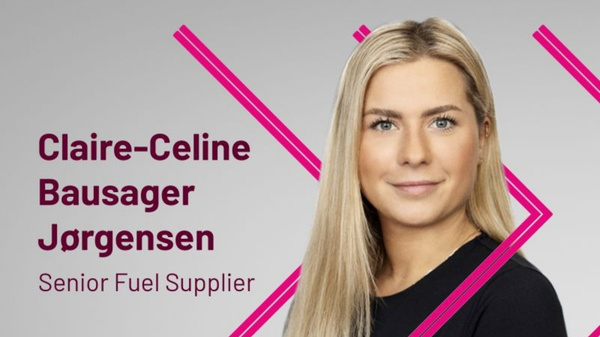
|
Dan-Bunkering Europe appoints Claire-Celine Bausager Jørgensen as senior fuel supplier
Jørgensen returns to bunker trading after several years in the company's HR department. |
|
|
|
||
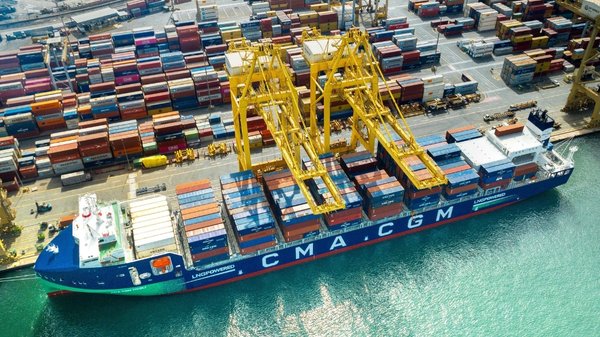
|
DHL and CMA CGM partner on 8,990-tonne biofuel purchase for ocean freight decarbonisation
Logistics and shipping firms to use UCOME biofuel, targeting 25,000-tonne CO2e reduction. |
|
|
|
||

|
Glencore to acquire majority stake in Dutch marine fuel supplier FincoEnergies
Transaction expected to complete in Q2 2026, subject to EU anti-trust approval. |
|
|
|
||
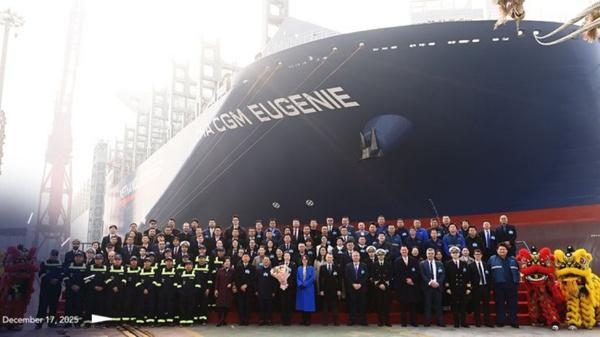
|
CMA CGM names 15,000-teu methanol-fuelled containership CMA CGM Eugenie
Vessel to operate on Phoenician Express service linking Asia, Middle East, and Mediterranean. |
|
|
|
||

|
Island Oil appoints Christian Larsen as senior trader in Denmark expansion
Marine fuel supplier establishes operations in Denmark as part of expansion strategy. |
|
|
|
||

|
HIF Global signs Uruguay agreement to advance US$5.3bn e-fuels facility in Paysandú
Memorandum sets roadmap for final investment decision on plant targeting 880,000 tonnes annual production. |
|
|
|
||
| Ecoslops doubles production, reveals new 'mini' production unit concept [News & Insights] |
| Ecoslops a step closer to developing ARA micro-refinery unit [News & Insights] |
| Total and Ecoslops agree to develop oil residue processing plant [News & Insights] |
| Ecoslops expects construction of La Mede processing unit to start in 2018 [News & Insights] |
| Ecoslops in Suez plant study, investment tie-up [News & Insights] |